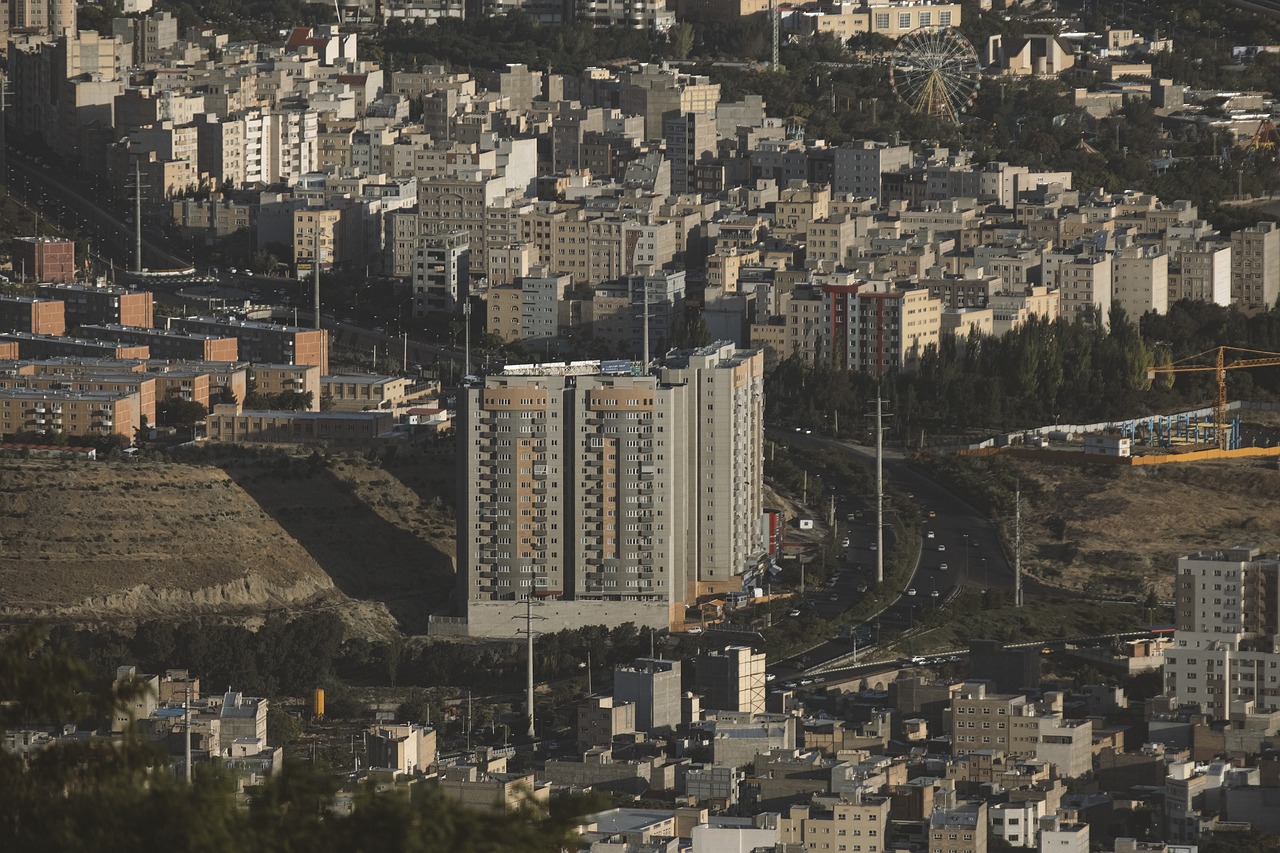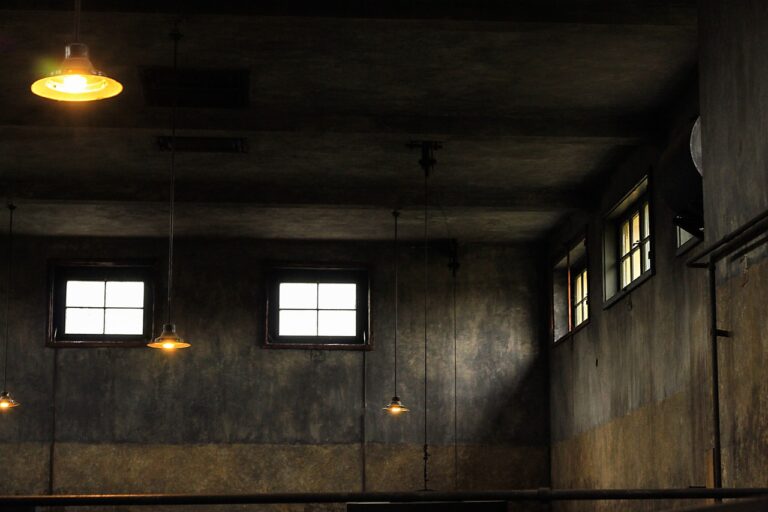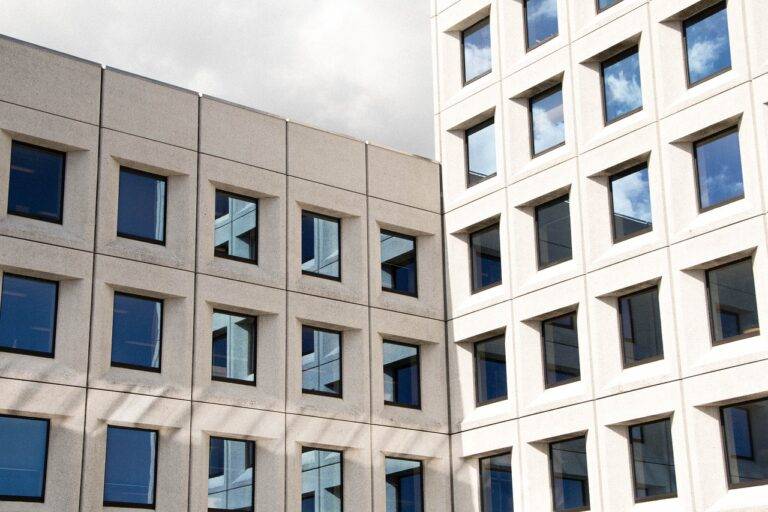Metal Roofing: Resilience Against Supply Chain Disruptions: 11xplay.com online, India 24 bet login, Skyinplay login
11xplay.com online, india 24 bet login, skyinplay login: Metal roofing has become increasingly popular in recent years due to its durability, longevity, and energy efficiency. One of the key advantages of metal roofing is its resilience against supply chain disruptions, making it a reliable choice for homeowners and businesses alike.
In today’s unpredictable world, supply chain disruptions have become a common occurrence, impacting various industries and causing delays in production and delivery. However, metal roofing stands out as a dependable option that can withstand these challenges and provide peace of mind to property owners.
Here are some reasons why metal roofing is resilient against supply chain disruptions:
1. Longevity: Metal roofs are known for their longevity, with some lasting up to 50 years or more. This means that once installed, a metal roof can provide reliable protection for decades, even in the face of supply chain disruptions that may affect other roofing materials.
2. Low maintenance: Metal roofing requires minimal maintenance compared to other roofing materials, such as asphalt shingles or wood shakes. This can help reduce the impact of supply chain disruptions on property owners, as they won’t have to worry about frequent repairs or replacement.
3. Sustainable materials: Metal roofing is often made from recycled materials and is itself recyclable at the end of its life. This sustainability factor can help mitigate the impact of supply chain disruptions on the availability of raw materials, ensuring that metal roofing remains a viable option for environmentally conscious consumers.
4. Compatibility with off-site construction: Metal roofing is well-suited for off-site construction methods, such as prefabrication and modular building. This can help reduce the reliance on on-site labor and materials, making metal roofing a more resilient choice in the face of disruptions to traditional construction practices.
5. Energy efficiency: Metal roofing is highly energy-efficient, reflecting heat and reducing cooling costs in the summer months. This can help property owners save money on energy bills and reduce their environmental impact, even in the face of supply chain disruptions that may affect the availability of traditional roofing materials.
6. Versatility: Metal roofing comes in a wide range of styles and colors, allowing property owners to choose a design that suits their aesthetic preferences. This versatility can help mitigate the impact of supply chain disruptions on the availability of specific roofing materials, as metal roofing offers a durable and attractive alternative.
Overall, metal roofing’s resilience against supply chain disruptions makes it a wise choice for property owners looking for a reliable and long-lasting roofing solution. By investing in metal roofing, homeowners and businesses can enjoy peace of mind knowing that their property is protected, no matter what challenges may arise in the supply chain.
FAQs:
1. Is metal roofing more expensive than traditional roofing materials?
While metal roofing may have a higher upfront cost, its longevity and low maintenance requirements can make it a cost-effective choice in the long run. Plus, metal roofing’s energy efficiency can lead to savings on heating and cooling costs over time.
2. Can metal roofing be installed over an existing roof?
In many cases, metal roofing can be installed over an existing roof, which can save time and money on tear-off and disposal costs. However, it’s important to consult with a professional roofer to determine if this option is suitable for your property.
3. Does metal roofing require special maintenance?
Metal roofing requires minimal maintenance, such as occasional cleaning to remove dirt and debris. Regular inspections can help identify any potential issues early on, ensuring that your metal roof remains in top condition for years to come.







